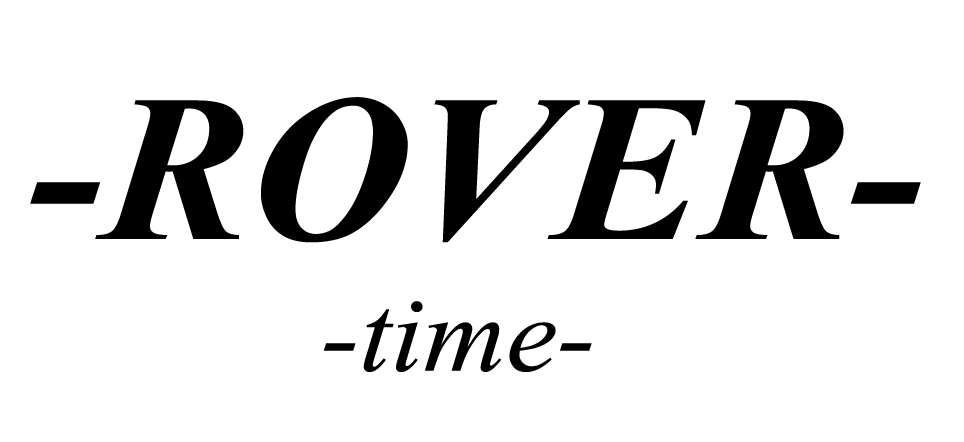Cognitive Aspects of Wagering: Why People Convert into Involved in Wagering and How It Alters Their Responses
Gaming in Karavan bet casino giriş is a prevalent endeavor that spans communities and cohorts, attracting humans from all societal levels. Recognizing the psychology behind why persons engage in wagering and how it influences their conduct is important for both persons and societal systems. This inspection studies into the motivators, cognitive mechanisms , and behavioral expressions related to betting.
Factors Behind Gambling Karavanbet
Individuals are attracted to gambling for numerous whys, enfolding the adrenaline of hazard-taking to the seduction of anticipated financial rewards. Some of the chief causes are:
- Thrill and Amusement: The random essence of wagering provides a surge of adrenaline and rush, turning it an fun avocation for a lot of.
- Financial Gain: The probability of gaining massive money sums acts as a crucial encouragement, encouraging people to engage in gambling contests.
- Socializing: Gaming often takes place in social spaces, such as casino venues or betting contests, cultivating a community spirit and mutual trust among participants.
- Escaping Reality: For some, gaming offers a brief respite from daily tensions and personal challenges, offering a diversionary activity from real-life challenges.
- Challenge and Ability: Some forms of gambling, like sic bo, call for strategy and ability, enticing to those who prefer mental puzzles.
Cognitive Influences in Betting
The operation of betting employs numerous mental mechanisms that can shape actions and choices:
Reward Response: Wagering engages the brain’s pleasure networks, secreting dopamine agents, a brain transmitter linked with gratification and reinforcement. This physiological response supports the longing to maintain betting Karavanbet.
Cognitive Misconceptions: Gamblers often demonstrate cognitive flaws, such as the illusion of manipulation, where they reckon they can shape randomized outcomes, and the gambler’s mistake, the erroneous belief that previous events change future likelihoods.
Risk Evaluation: People diverge in their evaluation of risk and profit, influencing their tendency to join in gaming. A few may neglect the likelihood against them, fostering magnified betting conduct.
Behavior-related Ramifications of Gambling Ventures
While betting can be a origin of pleasure and socialization, it also has prominent behavioral impacts impressions , both value-adding and unwelcome:
Supportive Repercussions Karavanbet gaming: For some, gaming provides a amusing and fascinating practice that reinforces social liaisons and renders a feeling of accomplishment when triumphs occur. It can also enhance thinking operations like strategic approaches and decision-making activities.
Damaging Repercussions : Overwhelming wagering can generate a mixture of pernicious results, including economic distress, strained affiliations, and psychological complications such as edginess, and despondency.
Compulsive wagering, or wagering dependency, is recognized as an powerless hunger to take part in betting despite detrimental effects, often inducing expert help.
Behavioral Practices : Frequent wagerers may ingrain specific varieties of behavioral indicators , such as rebounding from losses by continuing to gamble in an effort to compensate prior downfalls . This can spark a destructive loop of expanding debt and emotional strain.
The behavioral science of gambling is a sophisticated interaction of motivations, psychological operations, and behavioral outputs . While gambling can impart high, communing, and the stimulation of probable gains, it also brings challenges of dependence and wicked life consequences . Understanding these mental aspects is obligatory for creating effective prevention and treatment tactics for gambling disorders . By empowering understanding and backing responsible gaming routines, humans can derive pleasure from the entertainment benefits of betting while decreasing its potential injurious effects.


